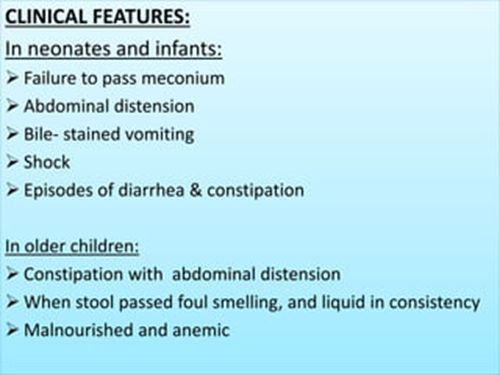The nurse knows further education is needed about reye syndrome when a mother states:
Children with Reye syndrome are admitted to the hospital
I will have my children immunized against varicella and influenza
I will give aspirin to my child to treat a headache
I will make sure not to give my child any products containing aspirin
The Correct Answer is C
A. Children with Reye syndrome are admitted to the hospital:
This statement is accurate. Children with Reye syndrome often require hospital admission for monitoring and supportive care. Therefore, it does not indicate a need for further education.
B. I will have my children immunized against varicella and influenza:
This statement is also accurate. Vaccination against varicella (chickenpox) and influenza is recommended to prevent these illnesses. It does not indicate a need for further education.
C. I will give aspirin to my child to treat a headache:
This statement is concerning because giving aspirin to a child with Reye syndrome can worsen their condition. Aspirin use is contraindicated in children with viral illnesses due to the risk of Reye syndrome. Therefore, this statement indicates a need for further education.
D. I will make sure not to give my child any products containing aspirin:
This statement is accurate. Avoiding products containing aspirin is essential to prevent the risk of Reye syndrome in children. It does not indicate a need for further education.
Nursing Test Bank
Naxlex Comprehensive Predictor Exams
Related Questions
Correct Answer is D
Explanation
A. Baseball games: Participating in baseball games may involve running, jumping, and sudden movements that could potentially strain the surgical area or cause discomfort. It's best to avoid strenuous physical activities like baseball until the child has fully recovered from orchiopexy.
B. Running around the playground: Running around the playground may also involve vigorous physical activity that could potentially affect the surgical site. It's advisable to limit activities that involve running or jumping until the child's healthcare provider gives clearance.
C. Horseback riding: Horseback riding involves sitting on a horse and may put pressure on the groin area, where the surgical site is located. It's generally recommended to avoid activities like horseback riding until the child has fully healed from orchiopexy.
D. Puzzle games: Puzzle games are typically low-impact activities that do not involve physical exertion or strain on the surgical area. Engaging in quiet, seated activities like puzzle games can be suitable for a child who is recovering from orchiopexy and may help keep them entertained during the recovery period.
Correct Answer is B
Explanation
A. Ridged abdomen - This finding is not typically associated with Hirschsprung disease. Instead, the abdomen may appear distended or bloated due to the accumulation of stool in the colon.
B. Ribbonlike, foul-smelling stools - This is a characteristic finding in Hirschsprung disease. Because the affected portion of the colon lacks nerve cells (ganglion cells) responsible for peristalsis, stool movement is impaired, leading to the passage of narrow, ribbonlike stools. These stools may also have a foul odor due to bacterial overgrowth in the affected area.
C. Projectile vomiting - Projectile vomiting is not a common finding in Hirschsprung disease. It is more commonly associated with conditions such as pyloric stenosis or gastroesophageal reflux.
D. Chronic hunger - Chronic hunger is not a typical finding in Hirschsprung disease. Instead, affected infants may experience feeding difficulties, constipation, and failure to thrive due to the obstruction of stool in the colon. They may also exhibit symptoms such as abdominal distention, vomiting, and refusal to feed.

Whether you are a student looking to ace your exams or a practicing nurse seeking to enhance your expertise , our nursing education contents will empower you with the confidence and competence to make a difference in the lives of patients and become a respected leader in the healthcare field.
Visit Naxlex, invest in your future and unlock endless possibilities with our unparalleled nursing education contents today
Report Wrong Answer on the Current Question
Do you disagree with the answer? If yes, what is your expected answer? Explain.
Kindly be descriptive with the issue you are facing.
